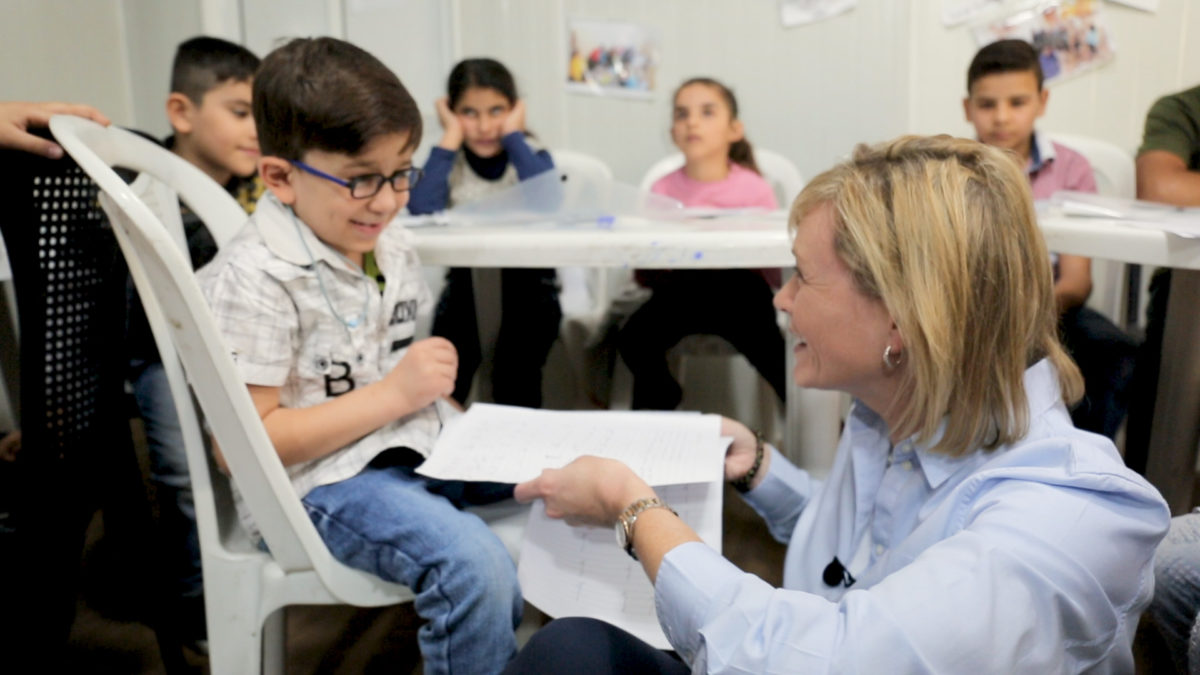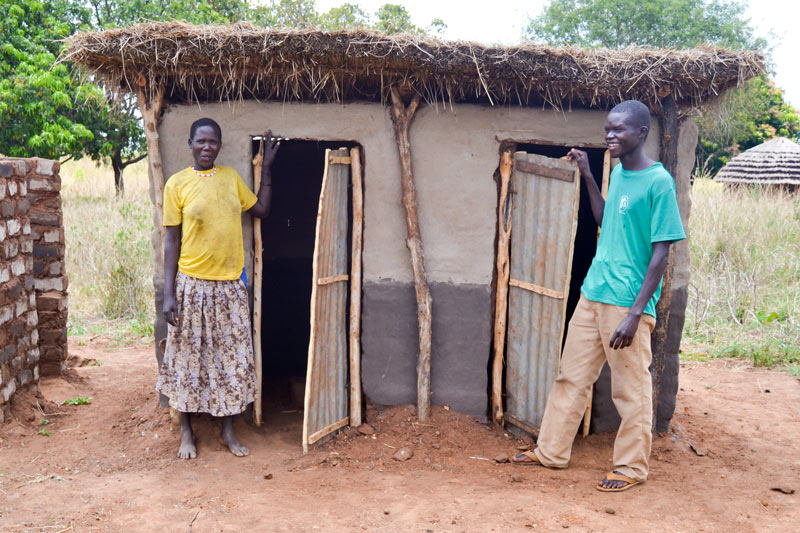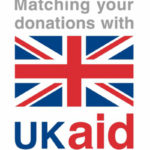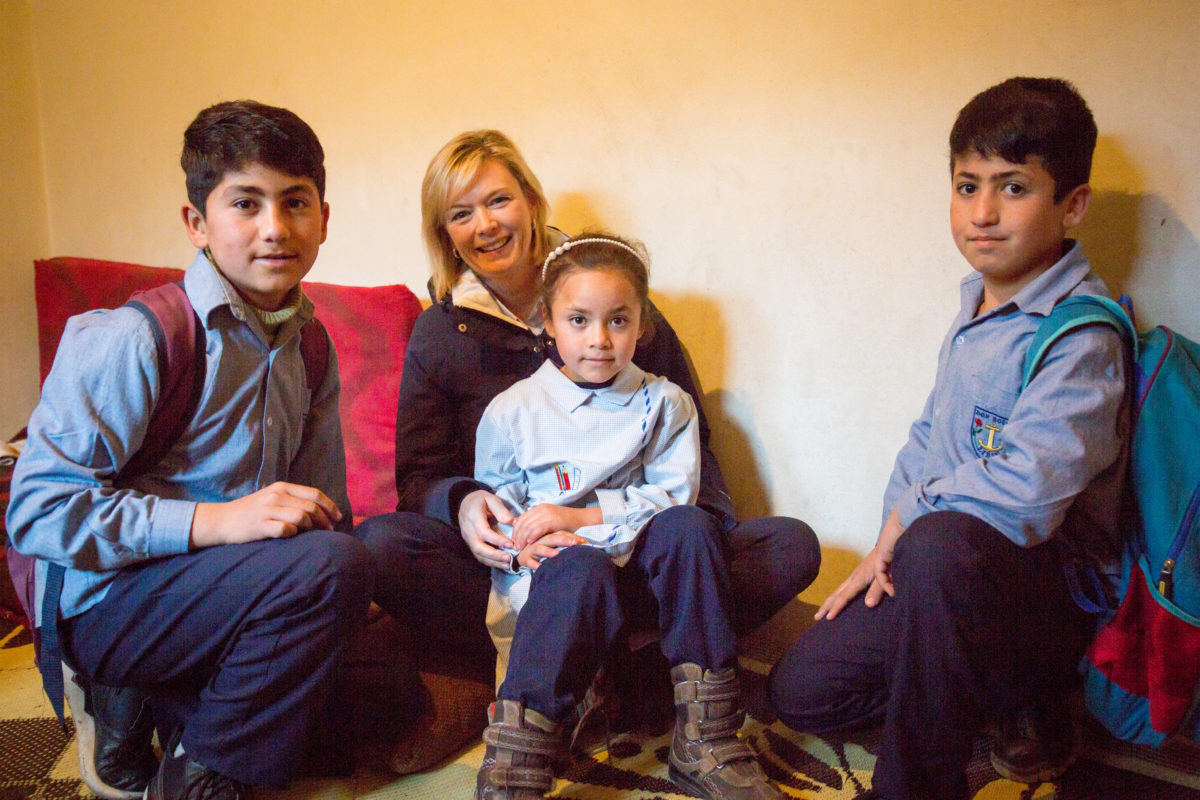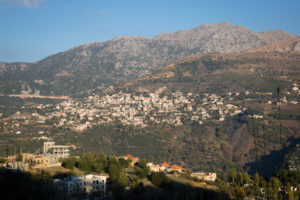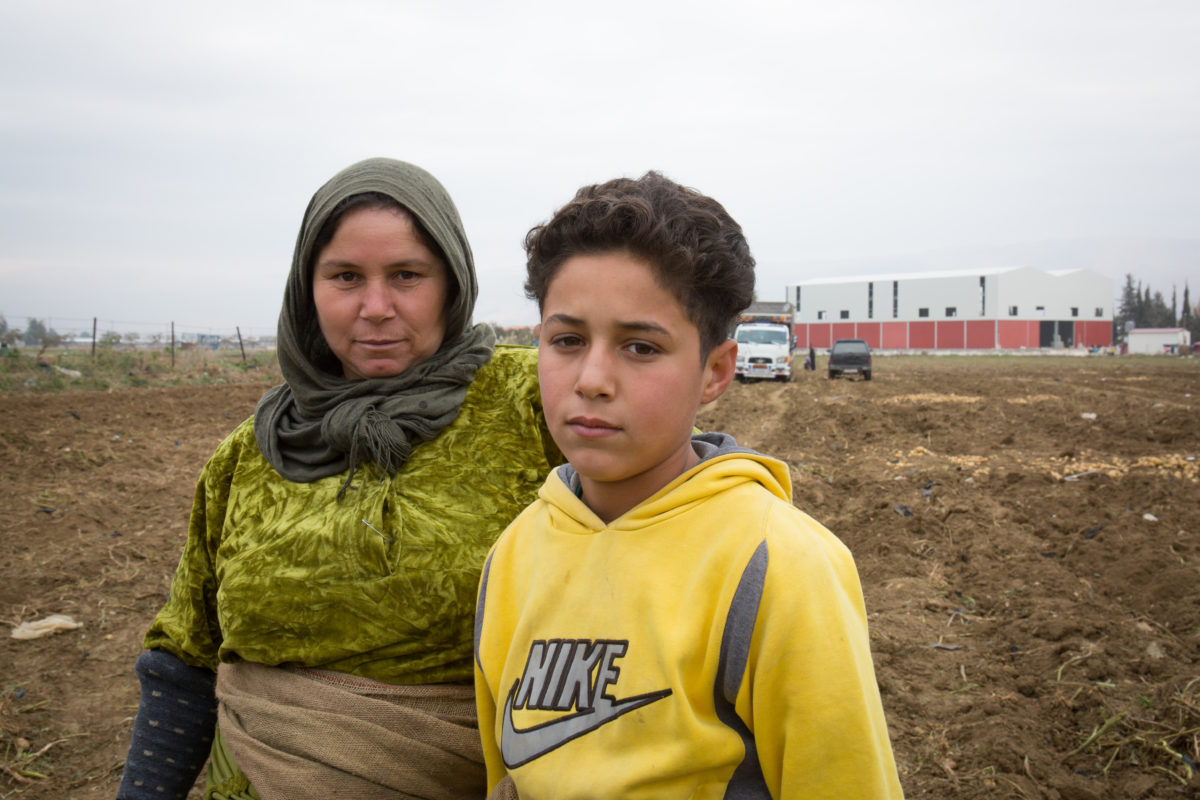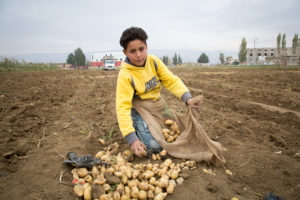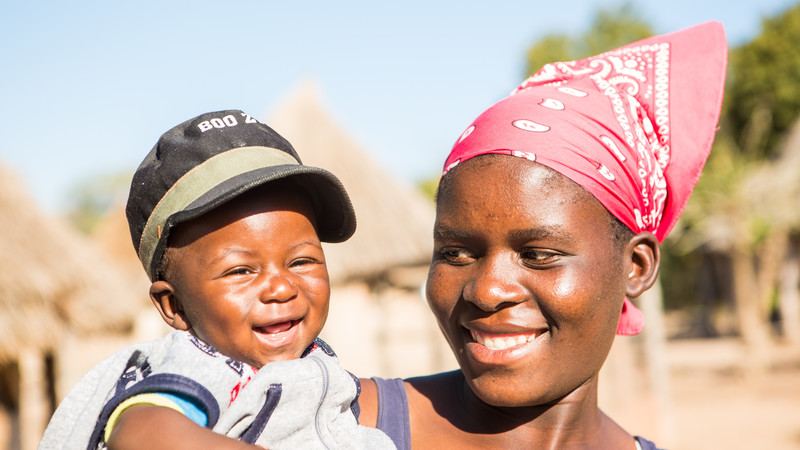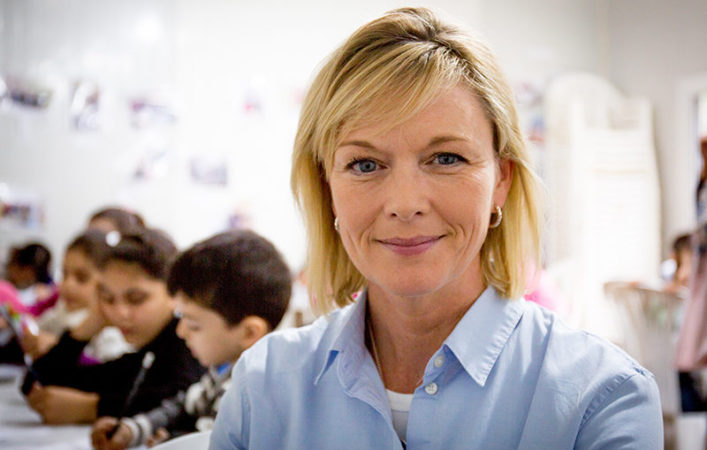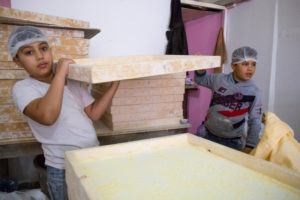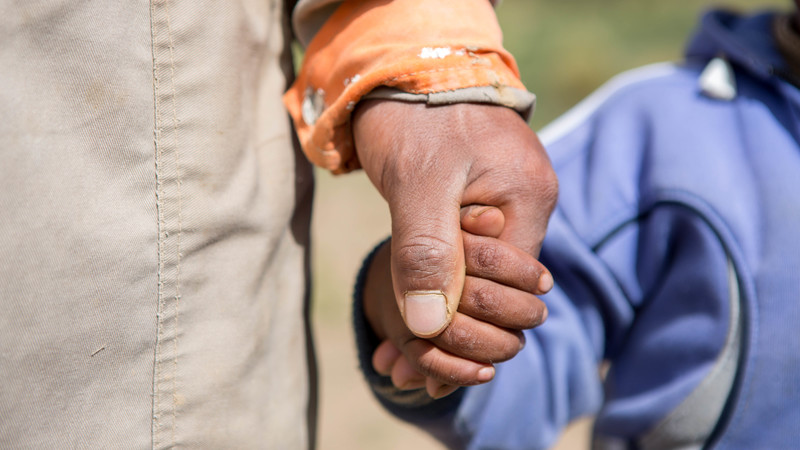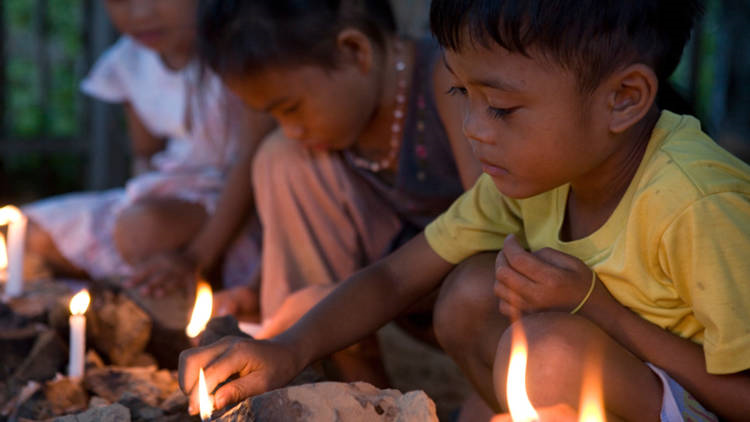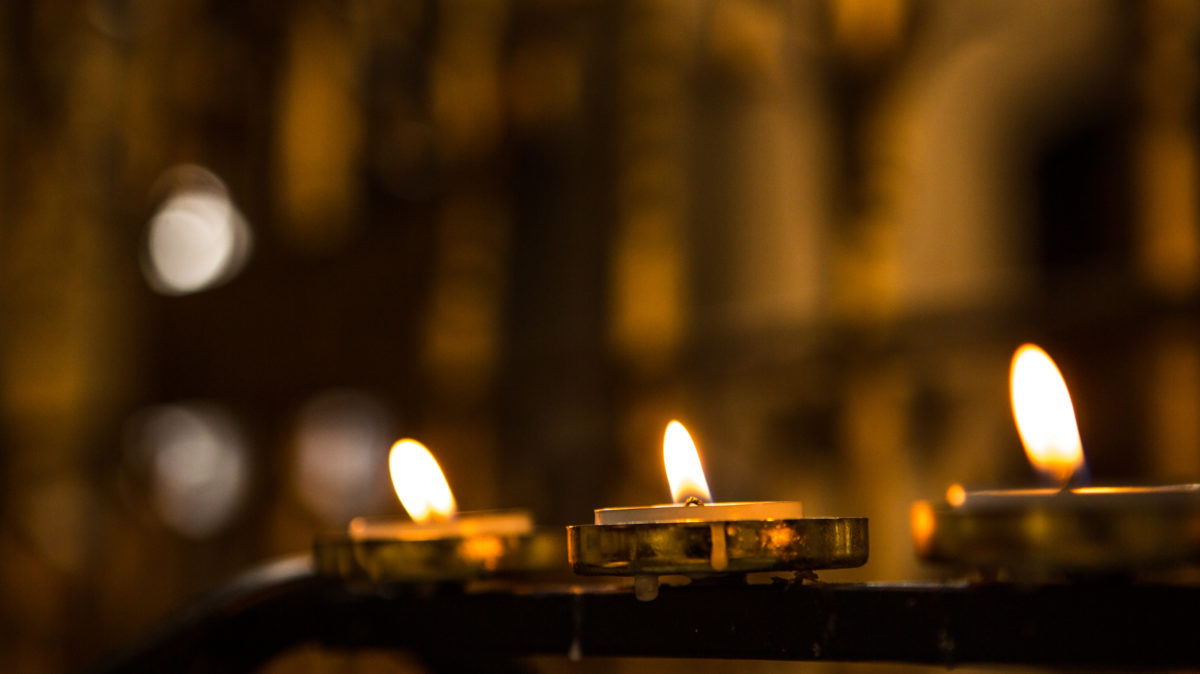November 9, 2018
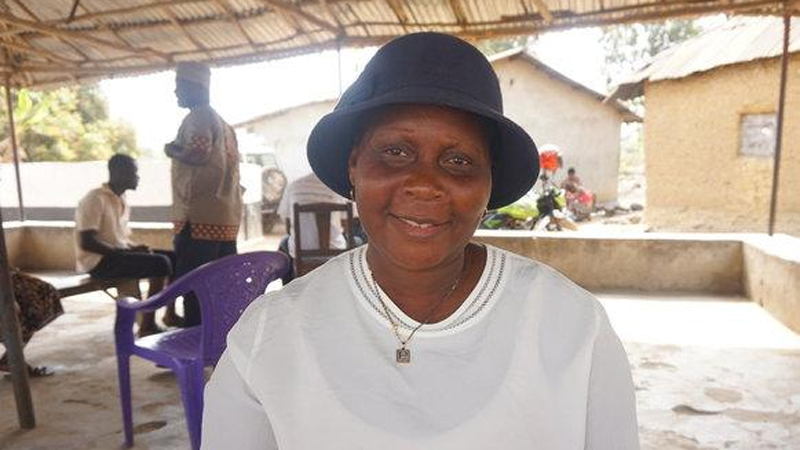
This reflection and prayer were written by Joy Wanless from Our Lady of Grace parish, Manchester.
Based on the gospel for Sunday 11 November – Mark 12:38-44
Sign up to receive weekly reflections straight to your inbox
“But she in her poverty has put in everything she possessed, all she had to live on.”
It’s easy to judge by our own standards, to sometimes forget that all good gifts come from God. Some have gifts to offer to foodbanks. Some are dependent on food banks for the basics to feed their families. There are those who are permanently hungry who Jesus watches just as closely.
Margaret in Batiama, Sierra Leone, experiences the “hungry season”, while they wait for the harvest.
Margaret was struggling, but her life was changed with a small loan from CAFOD which enabled her to buy supplies and set up a shop in her home.
She received training on how to make her business a success. Margaret now earns enough to support her children. She can pass on the gift of the loan and another family’s lives have been changed.
Change a life with the gift of a small loan
She says, “I want to thank CAFOD for appreciating women – especially widowed women fending for themselves.”
What loan can we offer to others? Prayer, friendship, time, money, comforts? What do we have to put in the offering?
What can we give which, like the widow’s mite, isn’t just in excess of our needs but is a genuine gift from the heart?
Sign up to receive weekly reflections straight to your inbox
Prayer
Dear Lord, we thank you for your abundant provisions for our lives. We thank you that you show us the way. You don’t judge. You love. Let’s put our wealth, a gift from you, in the offering and share your love. Amen.
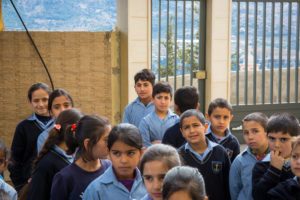 So I’m flying home early this morning after three eye-opening days in Lebanon – expertly guided by CAFOD and their partners on the ground Caritas Lebanon. As we wind slowly upwards away from Beirut, I’m thinking of all the children we met in the past few days.
So I’m flying home early this morning after three eye-opening days in Lebanon – expertly guided by CAFOD and their partners on the ground Caritas Lebanon. As we wind slowly upwards away from Beirut, I’m thinking of all the children we met in the past few days.
